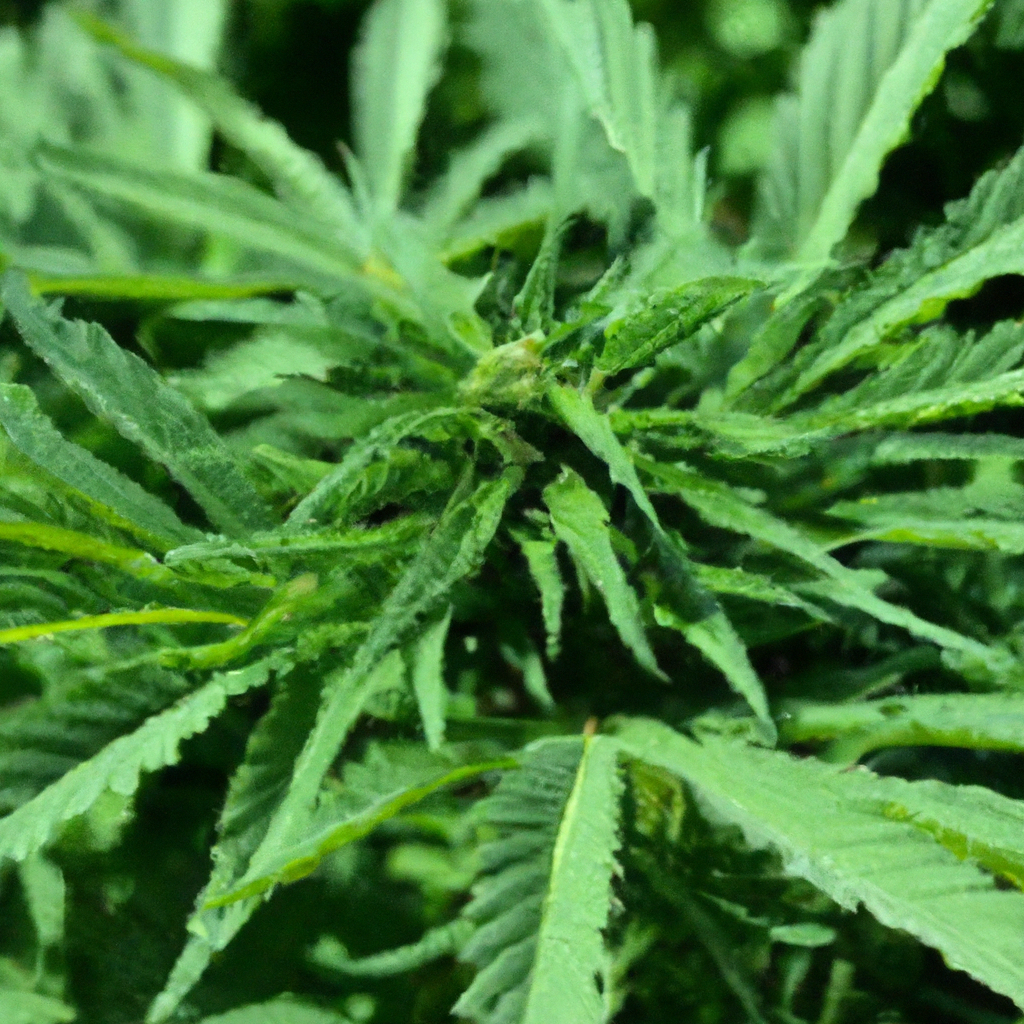Your cart is currently empty!
With increasing awareness about sustainability and environmental impact, organic cannabis cultivation is gaining traction among growers and consumers alike. By embracing organic practices, cultivators not only contribute positively to the environment but also provide consumers with cleaner and potentially more effective products.
Natural Fertilizers and Compost
Organic cannabis cultivation primarily relies on natural fertilizers and compost, which are essential for enriching soil without the use of synthetic chemicals. Here are some key methods:
- Compost: Leveraging kitchen scraps, yard waste, and other organic materials, compost provides a rich source of nutrients. Composting encourages microbial activity, which enhances soil health and structure.
- Manure: Well-rotted animal manure is an excellent source of nitrogen and other essential nutrients. Ensure it is adequately aged to avoid burning plant roots.
- Worm Castings: Known as “black gold,” worm castings are rich in beneficial microbes and nutrients, helping to improve soil aeration and water retention.
Building a Healthy Soil Ecosystem
A vital aspect of organic cultivation is nurturing a healthy soil ecosystem. Healthy soil promotes strong root development, leading to robust plant growth. Here are some practices to consider:
- Cover Crops: Planting cover crops such as clover or legumes can enhance soil nitrogen and prevent erosion. They also help in habitat creation for beneficial insects.
- Mulching: Applying organic mulch like wood chips or straw helps retain soil moisture, suppress weeds, and add organic matter to the soil as it decomposes.
- Companion Planting: Pairing cannabis with plants like marigolds or basil can deter pests and attract beneficial insects, reducing the need for chemical interventions.
Natural Pest Control Methods
Pest management is crucial in cannabis cultivation, and organic growers must avoid synthetic pesticides. Instead, natural alternatives can be highly effective:
- Neem Oil: This natural pesticide controls a wide range of pests without hurting beneficial insects when applied appropriately.
- Beneficial Insects: Introducing predators like ladybugs and praying mantises can naturally keep pest populations in check.
- Diatomaceous Earth: A natural mineral powder that dehydrates and kills soft-bodied insects upon contact.
Promoting Sustainability
Sustainable practices in cannabis cultivation are critical to preserving ecological balance. Here are some tips for running a sustainable operation:
- Water Conservation: Use drip irrigation systems to minimize water waste, and collect rainwater where possible.
- Energy Efficiency: Implement energy-efficient lighting and renewable energy sources such as solar panels to reduce carbon footprint.
- Waste Reduction: Recycle and reuse materials such as plastic pots and packaging. Compost organic waste to minimize landfill contributions.
Conclusion
Organic cannabis cultivation requires dedication to sustainable practices, focusing on natural fertilizers, soil health, and ecological pest control. By investing in the health of the soil and using nature’s tools, growers can cultivate cannabis that’s both environmentally friendly and beneficial to consumers. The shift away from synthetic chemicals not only leads to a healthier ecosystem but also contributes to producing superior cannabis products.


Leave a Reply